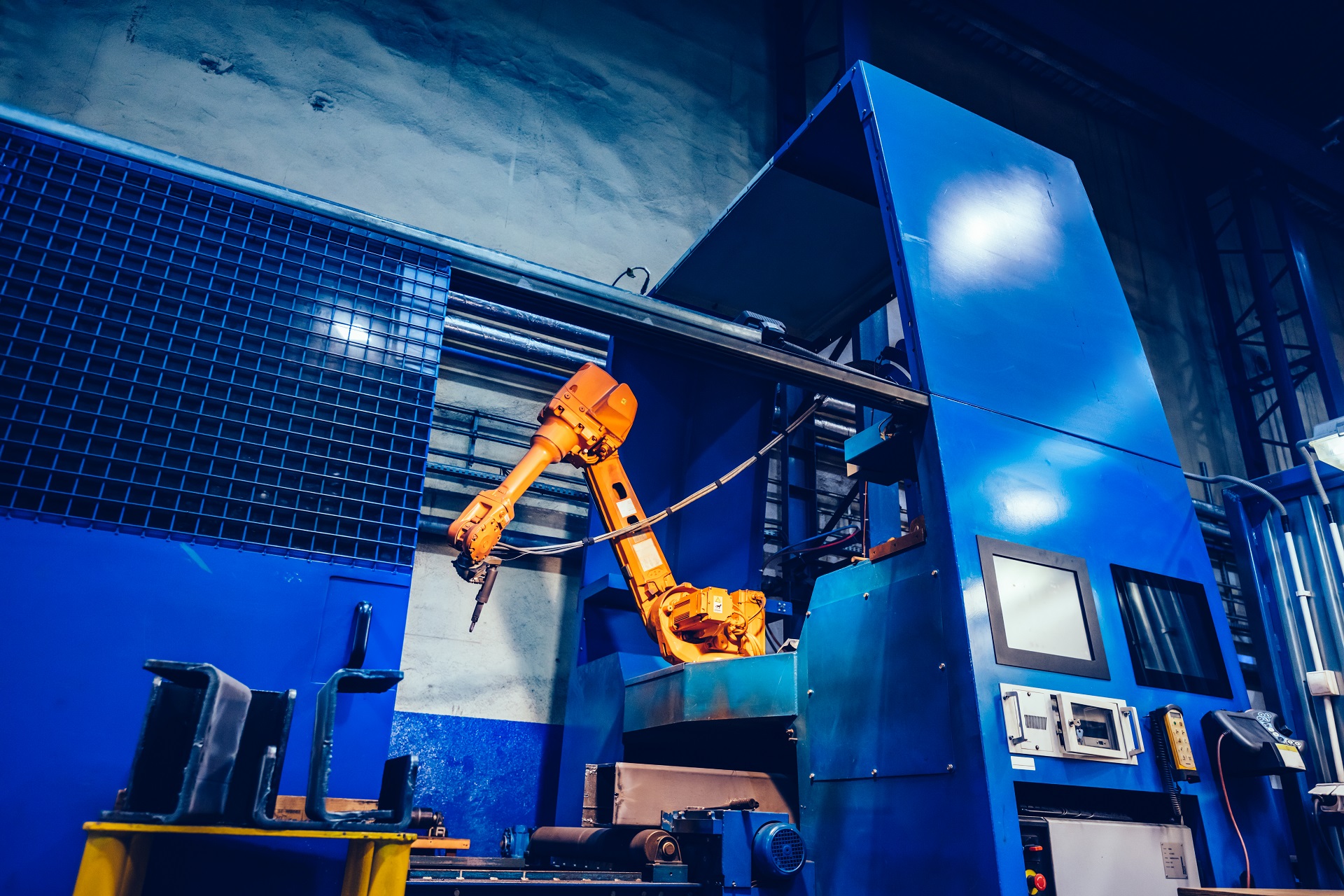
Manufacturing in Industry 4.0: Digitizing Manufacturing with "Fox ERP for Manufacturing"

FoxERP
The manufacturing industry is an employee-intensive industry where a large spectrum of workforce work together to achieve particular goals, tasks, and objectives, giving rise to digitization.
With the recent COVID-19 pandemic, the organizations in the manufacturing sector, too, are adopting digitized ways of doing business.
This confronts the issues and challenges that come along with digitization and focuses on opportunities that help organizations run their business efficiently.
According to recently conducted research, the rising advent of digital transformation and emerging technologies will automate at least 55% of the manufacturing organizations globally.
Several advantages of digitization in the manufacturing sector outnumber the challenges it throws.
- Ease Of Access
Digitized data is not constrained by issues of physical proximity only. It encompasses various digital tools and technologies that integrate unique properties and enable organizations to implement ease of data access.
Cloud servers across the business functions in manufacturing enable access to files regardless of the distance, ensuring lesser reliance on having to carry paper files around and utilizing digital transformation.
- Time Efficiency
Digitization saves time. In manufacturing, many traditional manual works used to be carried out with the old conventional ways of businesses.
With the implementation of digital tools, most manufacturing business processes get streamlined and cater to sorting and searching through the drawers of a cabinet looking for a missing file can waste time.
Tracking and accessing digitized data help business processes get performed quickly and efficiently.
Compared to the raw physical data, ease, and efficiency, regardless of the size.
- Improved Security
Data security becomes imperative with the implementation of digital tools and technologies
While it may have its challenges, biometry, passcodes, and cybersecurity programs are not likely to be breached by identical norms.
New-age digitization uses technology like Blockchain combined with cutting-edge encryption like RSA that delivers unparalleled security.
Furthermore, the IIoT (Industrial IoT) has emerged as one of the innovations in the industry that not only fetched results as a part of streamlining the business processes in manufacturing but also digitized the manufacturing state of the sectors.
The Industrial Internet of Things dreams of a total product data loop where machines are loaded with sensors when they’re built and marked to provide continuous feedback throughout the manufacturing supply chain.
The real-world data about maintenance requirements, wear and tear.
The manufacturing process is provided by feeding some data into business intelligence (BI) tools and dashboards, allowing people to find efficiencies.
The designs are changed automatically in response to environmental challenges. Changes are pushed automatically to the manufacturing floor by altering the products.
Eventually, automation and AI continuously optimize existing designs in response to real-world circumstances, leaving engineers to focus on innovating new and latest products.
“Fox ERP for manufacturing” is an ERP Software that simplifies the production cycle, helps track material consumption, exhibits capacity planning, handles subcontracting, and much more.
It can handle discrete manufacturing processes with batch, serialize, and multi-level bills of materials.
It is not only suited for the growing expectation of the customer but also brings the finished products to market rapidly using affordable, easy-to-use & all-in-one ERP solutions.
It provides the organizations with the desired goals by simplifying the various steps involved in the Manufacturing Value Chain.
Conclusion
Digital and manufacturing go hand in hand in the new normal. The traditional manufacturing practices are rapidly being replaced by automation and emerging technologies.
Also, the time taken in manufacturing processes and the cost incurred are covered in the most efficient ways with automated manufacturing.
“Fox ERP for Manufacturing” will be a game-changer in the manufacturing space in the coming days.
Recent Posts

FoxERP
Unleashing the Power of ERP Cloud Migration: Benefits, Challenges, and Options
In the contemporary business landscape, Enterprise Resource Planning (ERP) systems play a pivotal role in driving operational efficiency and facilitating strategic decision-making. With the rapid evolution of cloud technology, organizations are increasingly exploring the option of migrating their ERP systems to the cloud to unlock a plethora of benefits and drive digital transformation.

FoxERP
The ERP Revolution: Navigating Enterprise ERP System Challenges
Enterprise Resource Planning solutions can be a lifesaver for businesses. It enables you to automate all your day-to-day business processes in a centralized and streamlined platform. Today, most business organizations implement ERP solutions like FOX ERP to improve business operations, boost data security and data quality, automate workflows, and enhance customer service.

FoxERP
Unlocking Organizational Success by Embracing the Strategic Roadmap to ERP Implementation
Do you know? The global ERP software market is expected to reach a staggering $78.40 bn by 2026, growing at a CAGR of 10.2%. The global ERP software market is estimated to take over 40% of the market share by 2025.



